Video game tester and personal shopper, the new aspirations of young people
"What do you want to do for a living when you grow up?"A question that we have all been asked since we were little, and that we continue to formulate the young people of today, with answers that are changing and evolving as the years go by. This shows, for example, what are the aspirations of young people today: video game tester and personal shopper are some of the new options.
The University of Cambridge, through its Cambridge Monitor study, asks Spanish young people about their level of English each year, but in this year's report they wanted to go further and see how they see their future, obtaining as an result an interesting photograph of the "millenials" of today (young people between 16 and 24 years old).
The most aspirational professions of young people
Consulted about which are the professions to which they aspire the most, Young Spaniards (a total of 1,200 have been surveyed) mention some "old" professions as doctors, but new ones burst in force, as shown in the following graph.
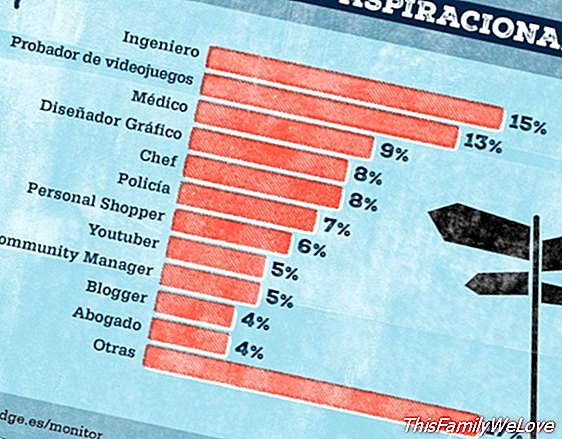
In this way, 15 percent of the young people surveyed said that they would love to be an engineer, a percentage closely followed by those who wanted to be video game testers professionals (13 percent). The percentage of those who dream of being doctors is only 9 percent, while 8 percent wants to be graphic designer or chef.
The National Police Force also draws attention to young people: 7 percent of respondents would like to be police, a percentage that is six and five percent in the case of young people who want to be 'personal shopper'o'youtuber' Other new professions, like Community Manager or Blogger, have also been cast in the list with five and four percent answers, respectively.
This has affected the crisis for young people
Just as they have been questioned about what their ideal professions would be for the future, this study has also asked young people about how they see the landscape in our country and, especially, their future work in it. The data is worrying: 84 percent of respondents say they will leave Spain in the coming years to find work.
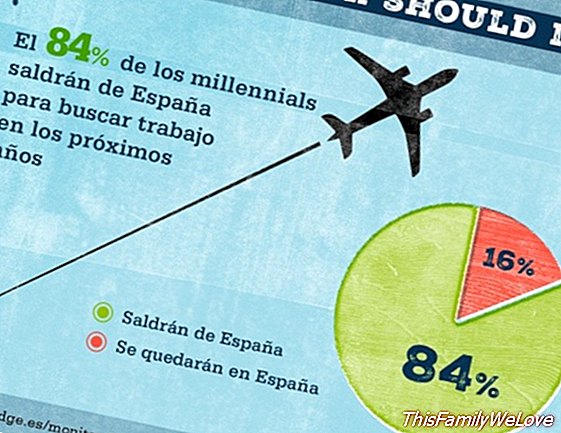
A figure that is directly related to this other: 76 percent of young people believe they have a "pretty black" working futureThis percentage is much higher in the case of women: 82 percent of them see their professional future as dark.
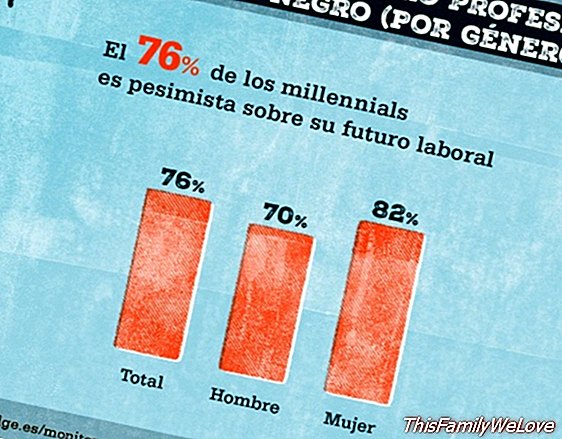
This also has to do with another issue: their degree of agreement or disagreement with some sentences relating to the economic crisis in Spain. For example, these questions show that 94 percent of young people believe they have paid for the mistakes and greed of others, while 93 percent say that the crisis has made them more distrustful.
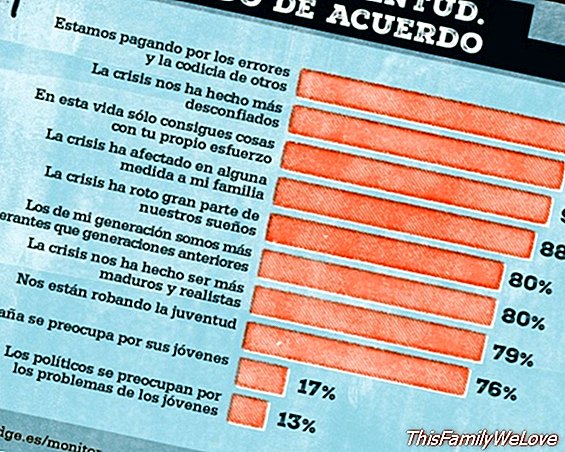
In addition, the vast majority of them, 88 percent, say that the crisis has affected his family in some way, and even 80 percent of these young people believe thata crisis has broken part of his dreams or that they are robbing youth (76 percent). Also in this regard, only 17 percent of them believe that Spain cares about their young people, a percentage that drops to 13 percent in the case of the phrase "politicians care about the problems of young people."
The families of the future

What will the family of the future be like? We already know what their current situation is in Europe, but the young people of today will be the ones who create the new unions in the coming years. If we are guided by this survey, we could say that half of the young people will get married, although 28 percent of them have doubts about it.
About having children or not, the percentage increases: 65 percent of respondents want to have children, compared to 14 percent who do not want it and 21 percent who do not know yet.
Social networks and young people
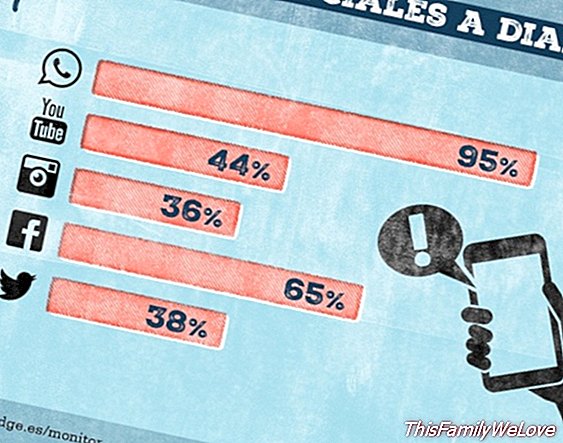
There is a lot of talk about the use that young people make of new technologies and the danger they have to "hook" to them, and the truth is that the data give reason to those who worry: 49 percent of them are Are you addicted to the social media.
95 percent of young people say they use WhatsApp daily, percentage that is 65 percent in the case of users of Facebook and 44 percent in those who use Youtube. Likewise, 38 percent of respondents say they enter Twitter every day, while 36 percent of young people use Instagram every day, a social network that is emerging with great force among teenagers.
Angela R. Bonachera




